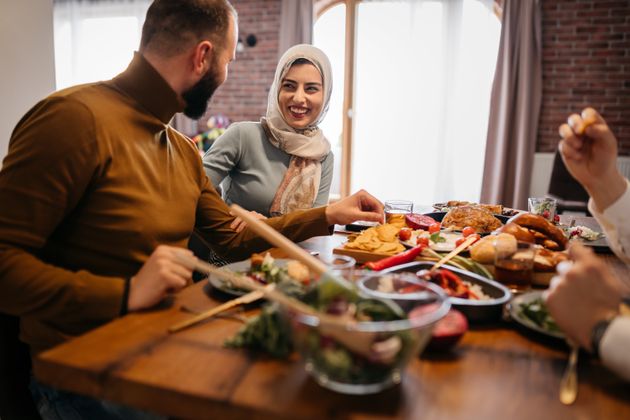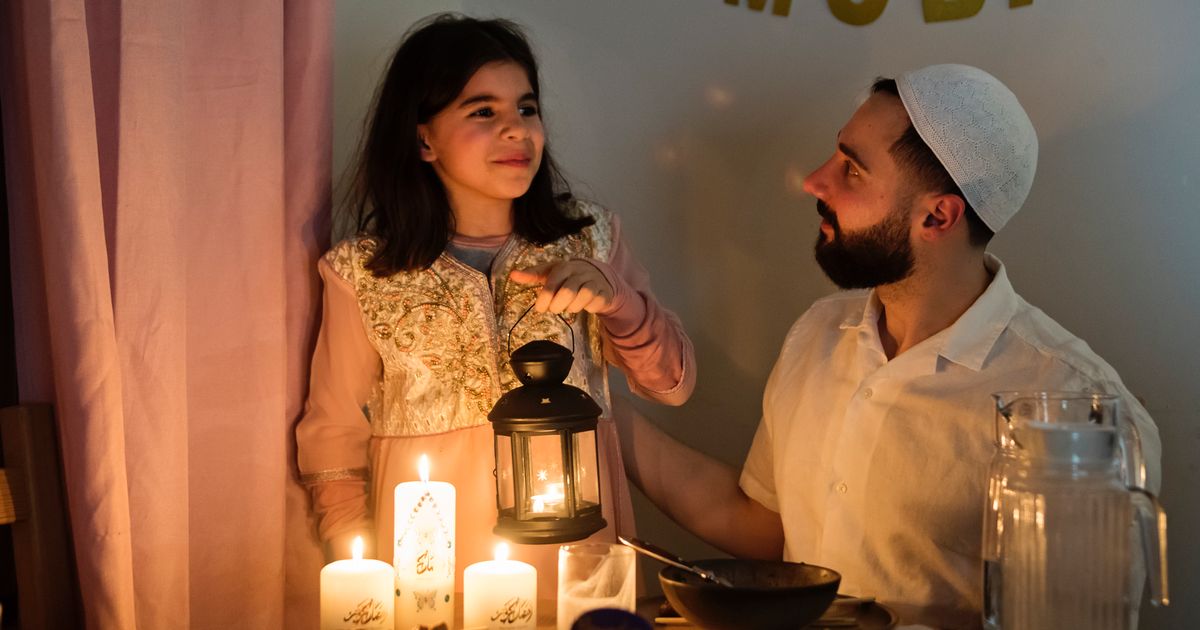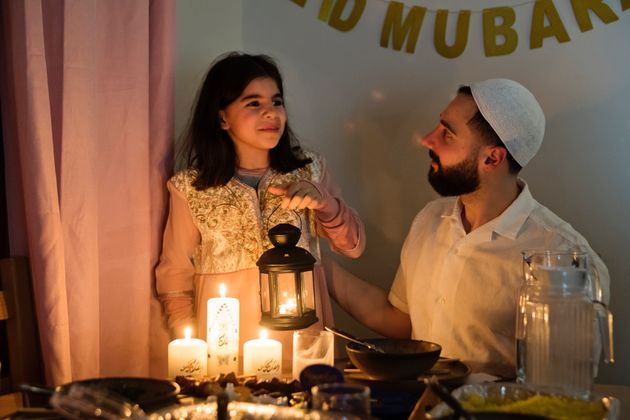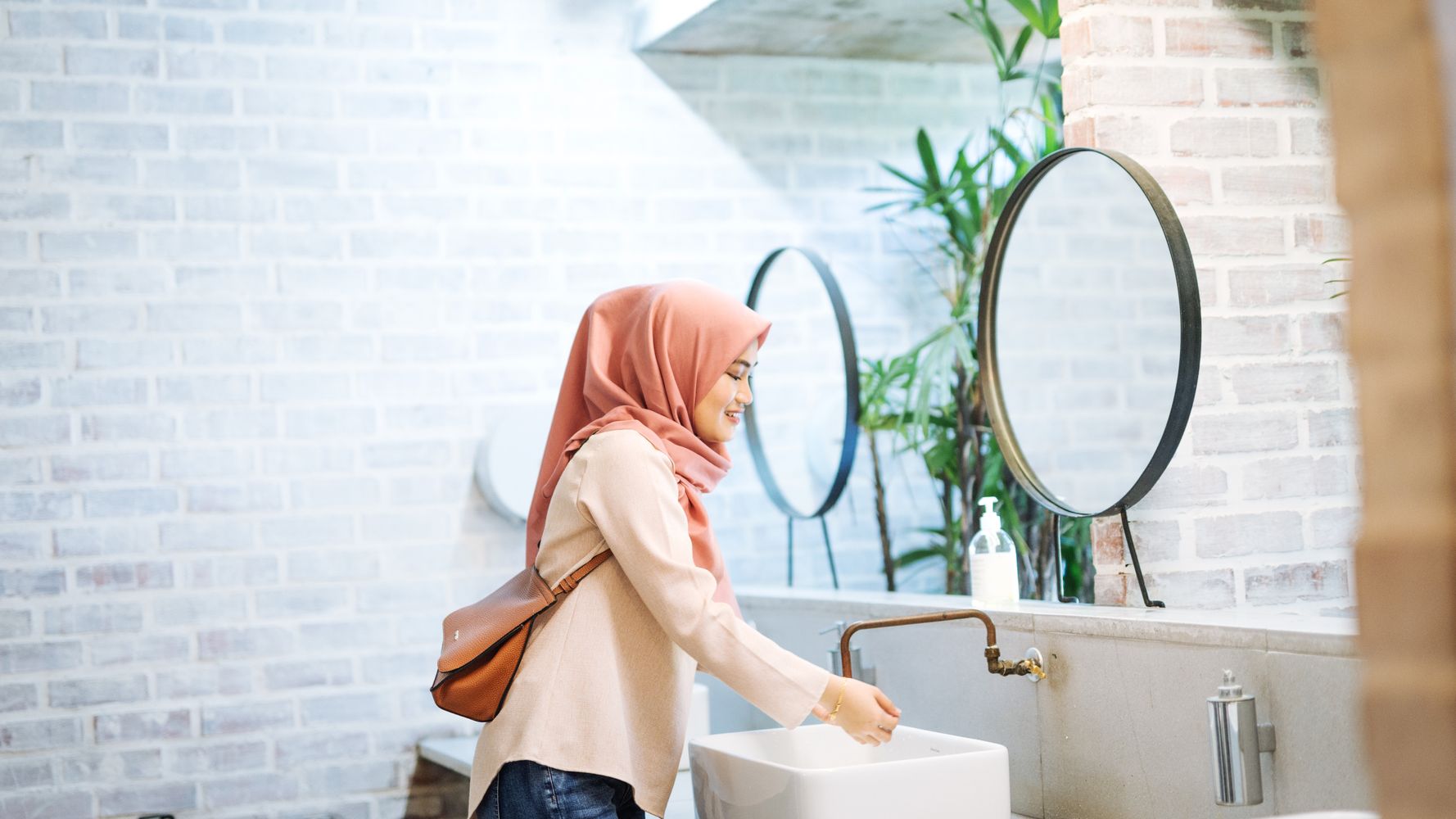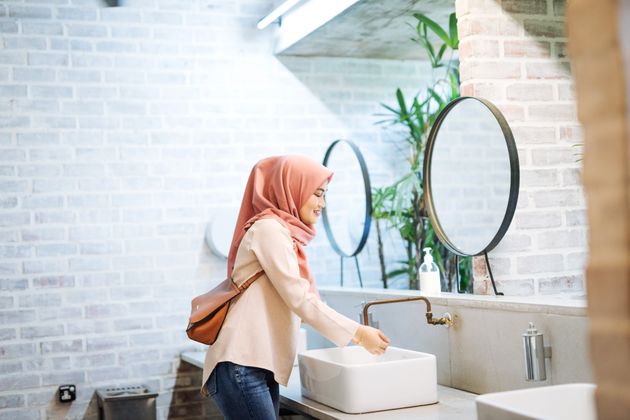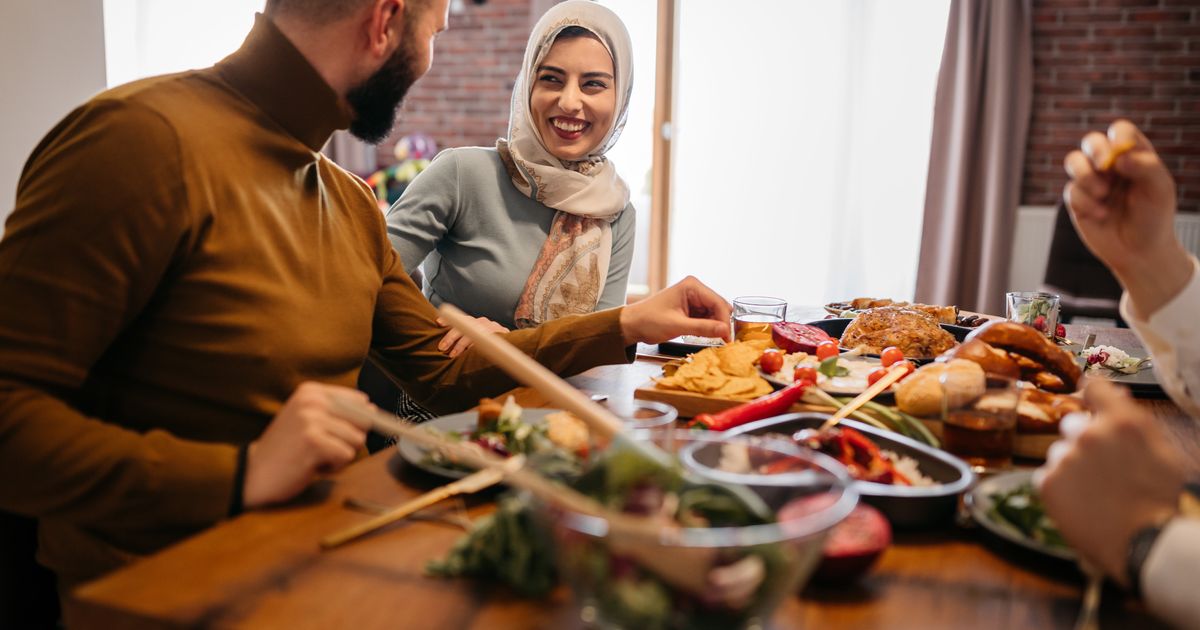
Ramadan takes place during the ninth month of the Muslim Calendar and is considered the most holy month for followers of Islam. It’s believed that during this month, the Holy Quran was descended from Heaven to Earth and during this month, the first revelations of the Quran were received by the Prophet.
This month brings practice of self-reflection, gratitude, and self-restraint in all Islam followers and throughout the month, observers undergo a fast and eat one meal before sunrise and another after sunset.
Advertisement
During fasting hours, many choose to break their fast with dates. Our own writer Unzela Khan Sheikh explained in a recent TikTok that this is because: “Prophet Muhammad, peace be upon him, used to break his fasts with dates and water. Whatever the prophet does, we call that Sunnah; something that is recommended because our prophet did it.”
Why do Muslims fast during Ramadan?
Fasting during Ramadan is one of the five pillars — or duties — of Islam, along with the testimony of faith, prayer, charitable giving, and making a pilgrimage to Mecca. All Muslims are required to take part every year, though there are special dispensations for those who are ill, pregnant or nursing, menstruating, or traveling, and for young children and the elderly.
According to Vox, fasting during Ramadan is one of the five pillars — or duties — of Islam, along with the testimony of faith, prayer, charitable giving, and making a pilgrimage to Mecca. All Muslims are required to take part every year, though there are special dispensations for those who are ill, pregnant or nursing, menstruating, or travelling, and for young children and the elderly.
Advertisement
This practice serves many purposes. It reminds you of your human frailty and your dependence on God for sustenance. It shows you what it’s like to be hungry and thirsty so that you feel compassion for, and a duty to help, the poor and the needy.
How to support Muslim friends during Ramadan
Portsmouth University recommends taking the following steps to support your friends during Ramadan:
- Be considerate when making plans. Arrange to meet friends earlier in the day when they may still have energy from their dawn meal. Perhaps you could go for a walk, rather than meet for lunch? Being considerate of an adjusted timetable shows support and respect and can be a simple – yet appreciated – gesture
- Check in on your Muslim friends. Checking in on your Muslim friends is always a great idea! Feel free to ask them how they are doing. Doing so will help your Muslim friends feel loved, supported, and seen
- Don’t ask why someone isn’t fasting. There are many reasons – including medical – why someone may choose not to fast, and these reasons may be very personal. Those who are not able to fast may still choose to take part in other ways of worship
- Don’t be afraid to ask questions. Ask how you can best help your friends to celebrate and practise their religion
Ramadan Mubarak to all Muslims!

